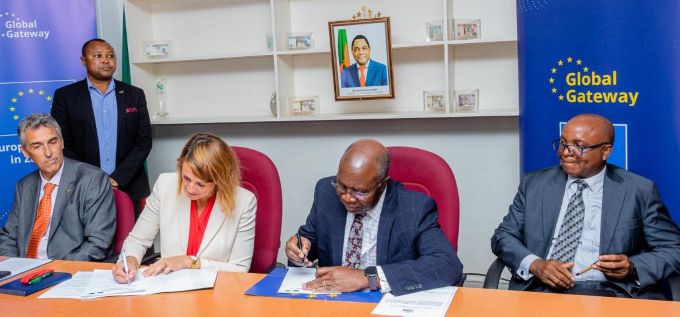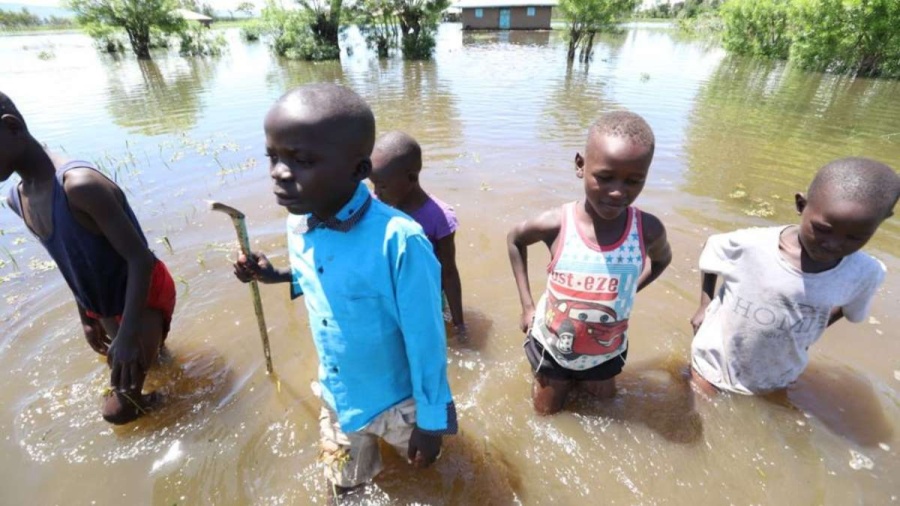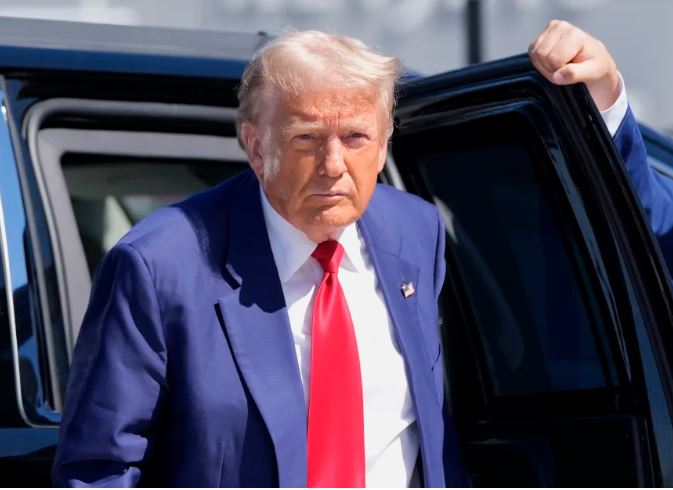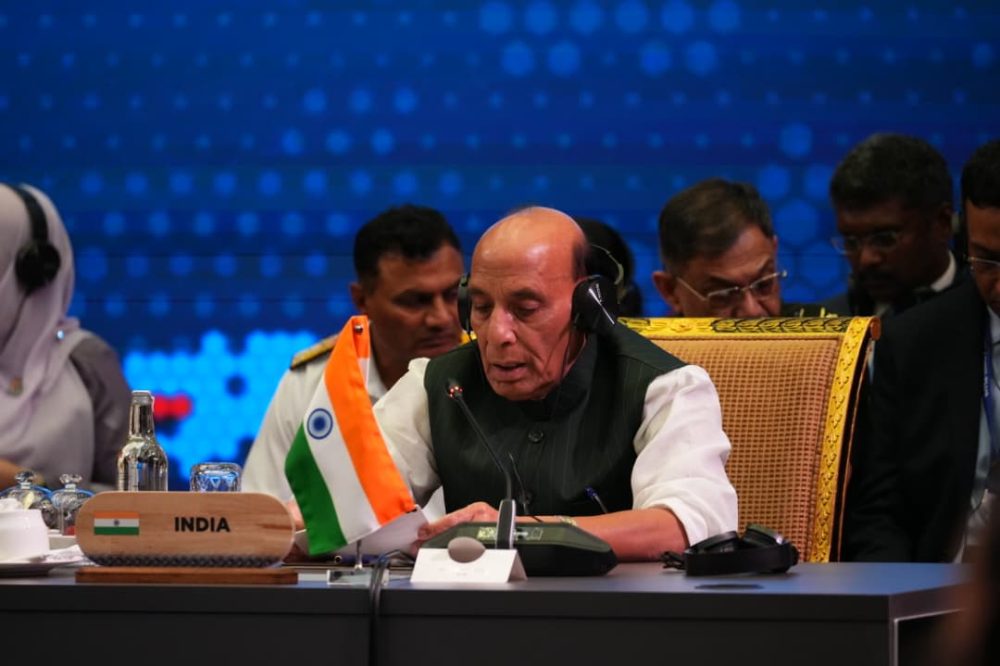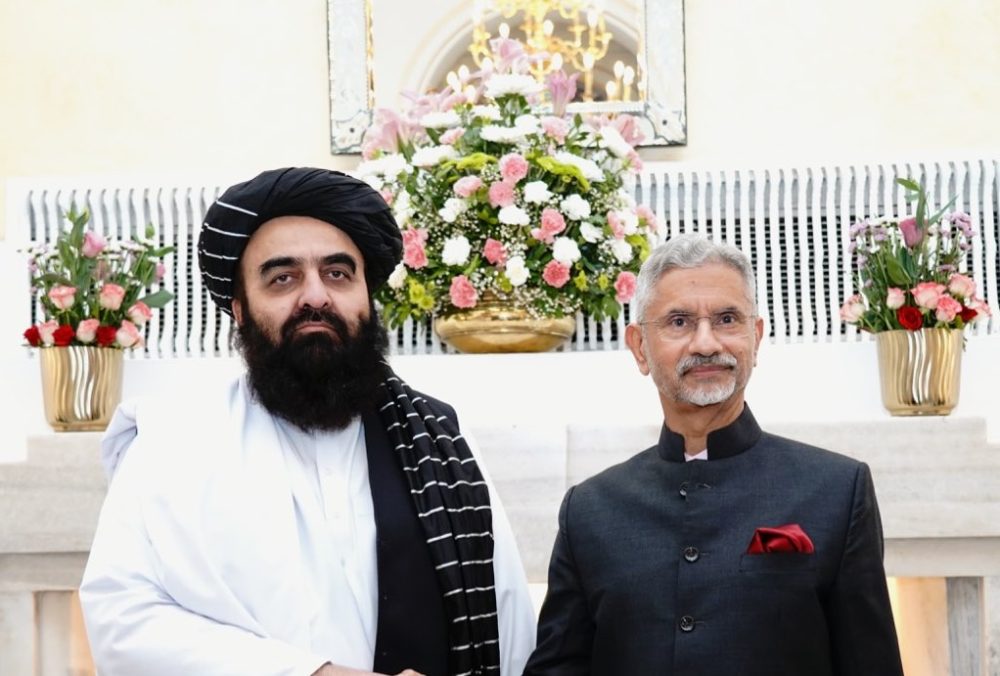This reflects the EU’s recognition of the Government of Zambia’s structural reforms in public finance management in 2021….reports Asian Lite News
The European Union (EU) has resumed its Budget Support Programme for Zambia. The first payment of EUR 20 million out of a EUR 60 million (ZMW 1.8 billion) package will be transferred to the National Treasury between 2024 and 2026.
This reflects the EU’s recognition of the Government of Zambia’s structural reforms in public finance management in 2021. These reforms aim to strengthen economic governance, transparency, and accountability. Despite significant challenges, including a global health emergency and severe drought, the government has remained committed to restoring macroeconomic stability and promoting resilient and inclusive growth.
The Budget Support Programme is based on a solid policy dialogue between the EU and the Government of Zambia and is disbursed based on compliance with mutually agreed-upon reforms. This budget support focuses on Education, Health, and Public Procurement, with funds being transferred directly to the National Treasury and becoming part of Zambia’s National Budget.
“In this time of tight fiscal constraints, it is important to clarify that EU Budget Support is not a loan. It is a non-reimbursable financial support – a grant provided as part of development cooperation assistance. The European Union grants Budget Support only to countries that have made tangible progress in implementing the government’s reform policies. These funds will help the government mitigate the impact of the crisis on the most vulnerable Zambians,” stated H.E. Karolina Stasiak, the EU Ambassador to Zambia.
Budget Support is a form of development assistance the European Union provides to Zambia. This assistance involves transferring development cooperation funds directly to the National Treasury. The European Union budget and European taxpayers fund the support. Once received, this grant becomes a part of Zambia’s national budget and is not required to be repaid to the European Union. The Budget Support Programme is designed to help Zambia improve essential public services such as education and healthcare and to contribute to the country’s overall development.
“Today’s signing ceremony is not just a symbolic act; it is a concrete manifestation of our commitment to building a stronger, more prosperous Zambia. We are confident that through our renewed partnership, we can create a future where every Zambian has access to quality education, affordable healthcare, and the benefits of a sound public financial management system”, stated Hon Situmbeko Musokotwane, Minister of Finance and National Planning.
The Budget Support Programme focuses on building resilience in Zambia, particularly in Education, Health, and Public Finance Management. The European Union supports Zambia’s efforts to improve access to education and healthcare, enhance public spending efficiency, and create a local pharmaceutical industry. This support aims to provide Zambians with better access to public services and education while also giving the government fiscal space to implement reforms. The EU’s support reflects its commitment to sustainable development and improving the lives of Zambian citizens. It will provide ZMW 10.6 billion for 2021-2024 in priority sectors such as Healthcare, Education, Agriculture, Environmental Conservation, Governance, and Infrastructure.
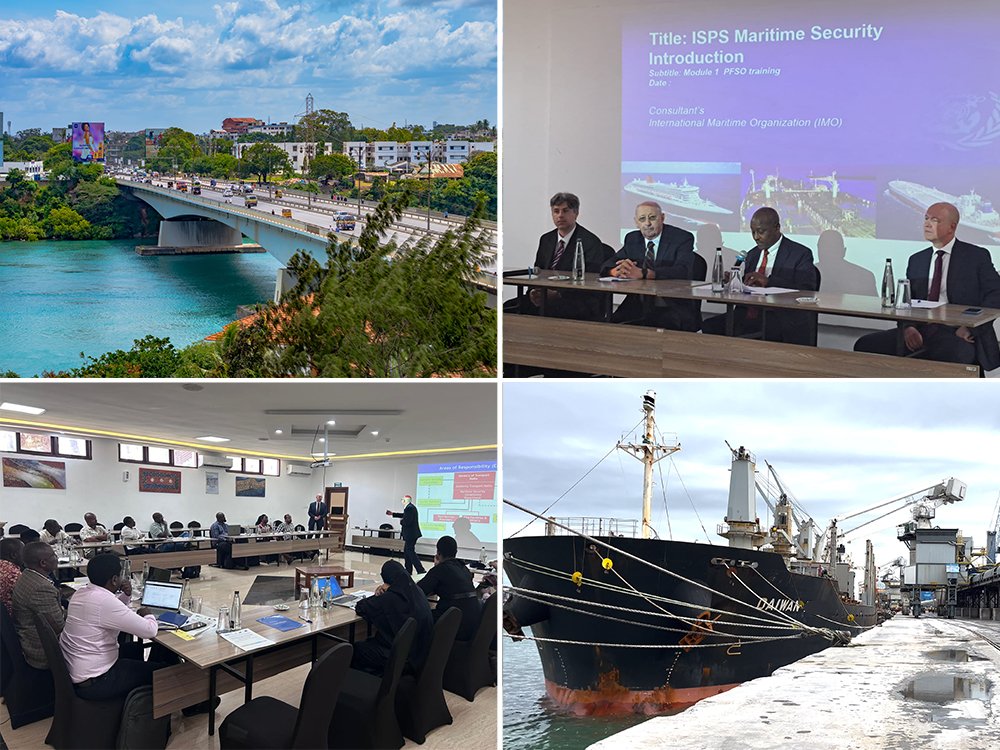
EU donates boats to enhance Kenya’s maritime safety
Kenya has enhanced its maritime security and safety capabilities through the acquisition of advanced sea vessels from the European Union’s Go Blue Project.
This significant upgrade is poised to bolster the effectiveness of security forces operating in aquatic environments, particularly along Kenya’s coastline. The newly acquired fleet comprises five vessels, including two large boats and three smaller craft, all equipped with state-of-the-art navigation and technology systems. These vessels are engineered to function efficiently in both coastal waters and deeper seas, providing comprehensive coverage for maritime operations. Their reinforced hulls enable them to withstand harsh sea conditions, ensuring operational safety during inclement weather. The search and rescue (SAR) boats are outfitted with cutting-edge technology, including radar, GPS, and sonar systems, which enhance their ability to conduct operations in various visibility conditions.
The European Union, in a statement, emphasizes that this donation is part of a broader initiative to strengthen Kenya’s maritime emergency response capabilities and overall safety at sea. EU Ambassador to Kenya Henriette Geiger highlights the EU’s dedication to supporting Kenya’s maritime safety and security efforts. She notes the importance of investing in modern equipment and personnel capacity-building to improve life-saving capabilities during maritime emergencies. These vessels will be strategically deployed along key points of Kenya’s coastline, enabling rapid response to emergencies with increased precision.
This strategic placement is expected to significantly enhance the efficiency and effectiveness of maritime rescue operations, which are crucial for safeguarding lives and property at sea. Kenya Maritime Authority (KMA) Acting Director General Julius Koech expresses gratitude for this timely intervention, noting that the new vessels would substantially improve the maritime personnel’s ability to respond to emergencies and save lives. The primary agencies responsible for rescue efforts in Kenya’s coastal and inland waters include the Kenya Coast Guard Service (KCGS), the Kenya Red Cross, and various County Rescue Teams.
These organizations have often faced challenges related to capacity and equipment. The KCGS, as the main entity responsible for enforcing laws, protecting maritime resources, and safeguarding Kenya’s territorial integrity along the coastal shores, stands to benefit significantly from this enhancement. The Go Blue Project, under which these vessels were donated, is a collaborative initiative aimed at advancing the Blue Economy agenda across Kenya’s coastal region. Supported by the European Union, the project focuses on sustainable economic growth, job creation, and the conservation of coastal and marine habitats.
ALSO READ: South Africa’s inflation rate drops to 4.4% in Aug


